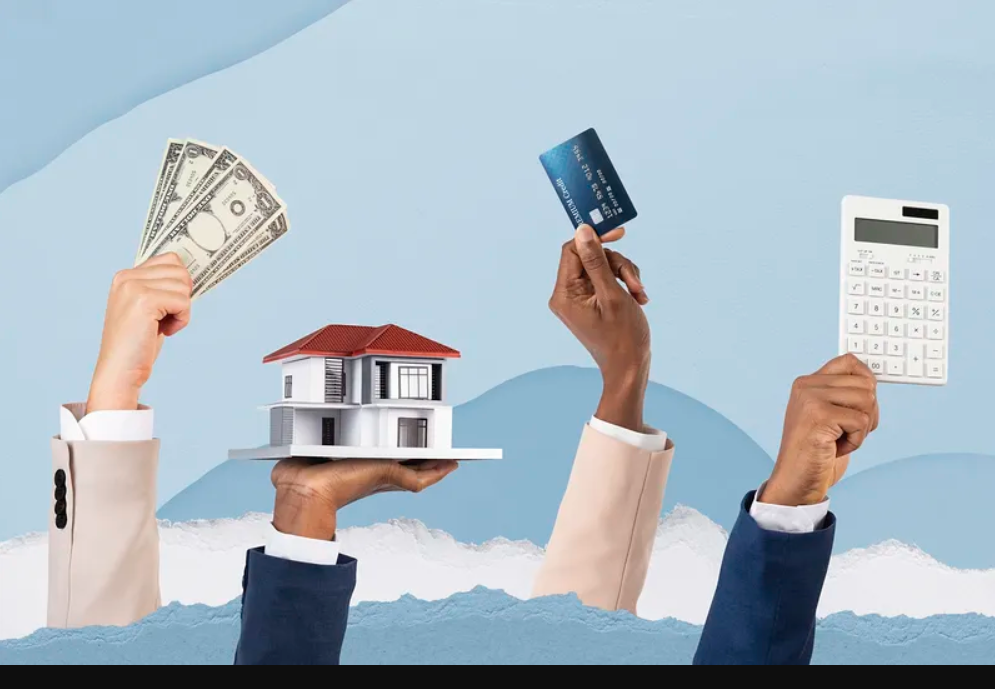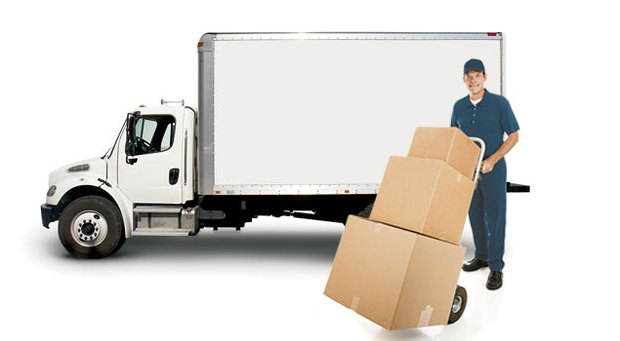You can still get a mortgage to buy a home in Australia if you are an Australian citizen who lives and works abroad. Different lenders have different policies for expats, and some of them will even work with Australian Permanent Residents.
Being an Australian citizen who lives abroad (an “Australian Expat”) makes purchasing real estate in Australia challenging. Financial institutions frequently inform Australian citizens living abroad (Expats) who are applying for a mortgage that they must adhere to an LVR of 80% when buying a home. This consumes valuable capital and lessens the benefits of negative gearing that some expat homeowners are eligible for.
How Do Home Loans for Australian Expats Work?
An expat who applies for a Australian Expat Home Loans will typically need money for a 20% down payment on the property as well as for other expenses like stamp duty, legal fees, and bank fees.
For instance, if you put down a deposit of $150k (or about 21.5% of the purchase price) on a $700k property in New South Wales, you can anticipate the following additional costs:
Stamp duty is currently $26,835 for a property of this price in NSW.
- (Roughly $2500 in legal fees)
- Bank charges ($500 approximately).
Please note that this is merely an illustration, and it is advised that you use calculators to better understand the expenses connected with your particular situation.
What Other Choices are there for Foreigners?
You may use the equity in any Australian real estate you currently own as a down payment for a new home. Another choice is that you might be qualified for a guarantor home loan, which streamlines the process, if your parents own property in Australia.
How Much Money Can Foreigners Borrow?
Expat borrowers with PAYG income may be able to borrow up to 90% of the value of the property; however, this means that borrowers will still need to put down at least 10% of the purchase price as well as additional money to pay for stamp duty, conveyancing fees, and LMI.
A case-by-case analysis will be performed for borrowers who earn money from their own businesses. While not all lenders accept self-employed income, those accepting typically demand higher down payments. Up to 70–80% of the value of the property might be able to be borrowed.
Usually, deposits must be made in the form of real savings.
What Types of Currencies Are Accepted?
Not all currencies are accepted as foreign currency. The most popular currencies that lenders accept are:
- United States Dollar (USD)
- EUR, or Euro
- HKD or Hong Kong Dollar
- CAD or Canadian Dollar
- Singapore Dollar (SGD)
- Dollar (NZD) of New Zealand
- The GBP, or Great Britain Pound Sterling
- (CNY) Chinese Renminbi
- Thailand (THB)
- Swiss Franc (CHF)
- Yen (JPY) from Japan
- (AED) Dubai
Even if your currency is not included in the above list, you might still be able to get Australian Expat Home Loans. Contact us at 1300 656 600 if you want to know if your currency is accepted.
What if Your Partner is from another country?
If you are married to a foreign national or in a de facto relationship with one, the lender may take your application into account in a number of different ways. They may classify you and your partner as Australian citizens or as foreign investors, depending on your situation. When evaluating your application, other lenders will take into account the nationality of the person with the highest income.
There are some exceptions to the rule that lenders will not typically accept your partner’s income if they are not an Australian citizen or permanent resident.
If you’re buying with a partner who is a non-citizen of Australia, you might want to think about just buying in your name to avoid paying the additional stamp duty. Keep in mind that before making a new purchase, it’s crucial to confirm the regulations with the appropriate Office of State Revenue Authority.
Which Documents Will I Have to Submit?
The necessary paperwork might consist of:
- You need a visa to prove you’re allowed to work abroad.
- Passport proving citizenship in Australia or New Zealand.
- Paystubs from the previous three months or contract payments.
- 3 months’ worth of pay or contract credits, as confirmed by most recent bank statements.
- Contract for employment.
- Employer information includes employer, contact information including name, phone number, and website.
What Should an Expat Think About?
When determining your suitability, some lenders will only consider a portion of your actual income (including bonuses, commissions, and allowances). This can range from 60% to 100% depending on the lender.
Lenders will accept 80% of rental income.
The different assessment rates used by lenders can affect your ability to borrow money. Some lenders may use Australian tax rates instead of the tax rate in the nation where you reside.
Again, this could limit the amount you can borrow. Some lenders permit significant exchange rate fluctuations.
If you own an investment property, you must continue to file Australian tax returns. When tax season rolls around, all income, including rental income and money from the sale of a property, must be reported on your tax returns.
Applying for and qualifying for Australian Expat Home Loans could be more difficult if you work abroad. You can better understand your options and be guided through the purchasing process by knowledgeable consultants.




















